AccessArt Exemplar Primary Art Plan + Progression Plan
PLEASE NOTE
AccessArt has created a new Primary Art Curriculum which you can find here.
Schools will continue to have access to our old Exemplar and Progression Plan (below) but we urge new schools to follow the new curriculum available here.
AccessArt has created 3 plans to help Primary schools deliver a rich, exciting and relevant art education.
1) The EYFS Exemplar Curriculum Plan
2) The Primary Art Curriculum Plan
3) The AccessArt Progression Plan
The AccessArt EYFS & Primary Exemplar Plans
Download The AccessArt EYFS Exemplar Plan
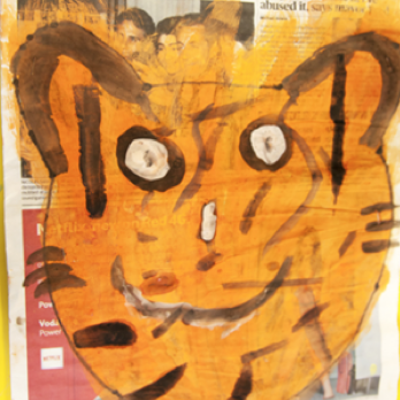
Download The AccessArt Primary Exemplar Plan
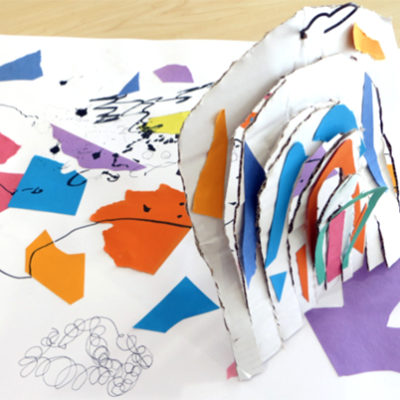
AccessArt Members Only:
Download an Editable Powerpoint Version of the AccessArt Progression Plan
Please note, AccessArt members can download the PPT version of our AccessArt Progression Plans so that you can edit the documents to suit your school’s needs. However please be aware that we regularly update our documents in response to changing requirements, and to developing resources on our site, so you will want to check in each year with the master version to check for relevant recommended changes.
The AccessArt Progression Plan
Please Note: There is a new version of the Progression Plan here.
Access the Web Browser Version of the Exemplar Plan Click on the Year Groups below
Join AccessArt!
Join thousands of other schools and teachers who use AccessArt to deliver great art teaching
From just £42 per year, schools gain access to over 1500 unique resources to help develop your teaching, themed visual arts planning pages and discount on our distance learning courses. AccessArt was founded in 1999 and has grown through collaboration with a variety of schools, arts organisations, agencies, museums, galleries and individuals. The Exemplar Curriculum is free to access and share. To benefit from all the resources embedded in the plan, join AccessArt from only £3.50 per month. Join Us!

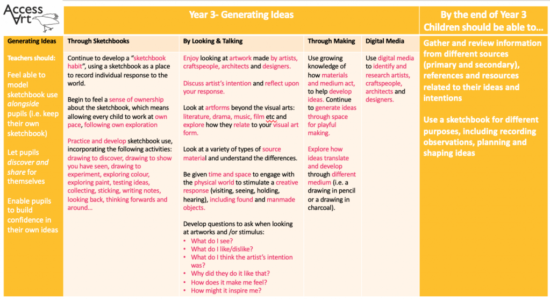
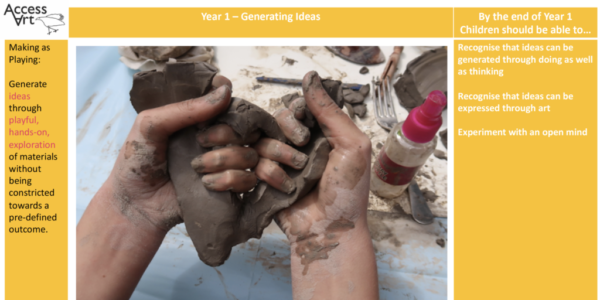
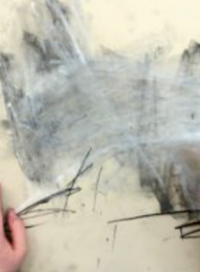
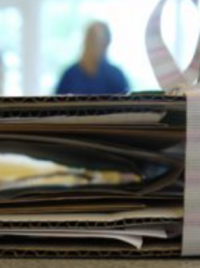
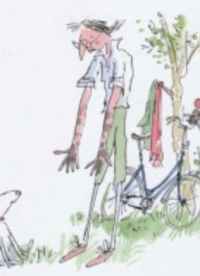
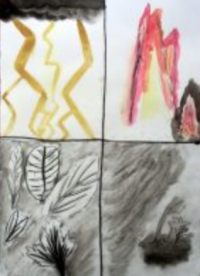
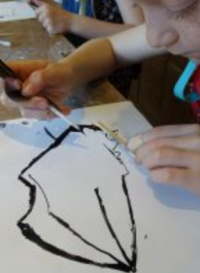
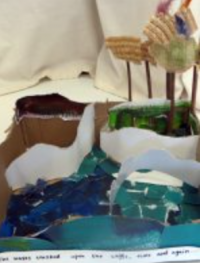
![Join thousands of other schools and teachers who use AccessArt to deliver great art teaching From just £42 per year, schools gain access to over 1500 unique resources to help develop your teaching, themed visual arts planning pages and discount on our distance learning courses. AccessArt was founded in 1999 and has grown through collaboration with a variety of schools, arts organisations, agencies, museums, galleries and individuals. The Exemplar Curriculum is free to access and share. To benefit from all the resources embedded in the plan, join AccessArt from only £3.50 per month. [themify_button style="xlarge block" link="https://www.accessart.org.uk/join-accessart/become-a-full-accessart-member-2/" color="#d1cf30" text="#000000"]Join Us![/themify_button]](/wp-content/uploads/2016/06/join-1024x408.jpg)
Gill Ower
October 11, 2020 @ 11:22 am
I would love a copy of your progression plan. Thank you in advance.
Paula Briggs, AccessArt
October 11, 2020 @ 2:53 pm
hello gill, you can receive a copy via email if you complete the form on this page. i’ll also send you one via email, very many thanks, Paula
rebekah d
August 22, 2021 @ 1:48 pm
I would love a copy of your progression plan too please.
Thanks Becky
Joanne B
March 11, 2022 @ 9:26 pm
Hi I’ve seen that there is a progression document for schools that alternate art with st but I can’t find it anywhere
Paula
March 18, 2022 @ 7:01 am
https://www.accessart.org.uk/exemplar-primary-art-plan/
Kelly K
July 18, 2022 @ 10:06 am
Hello,
The new curriculum plan looks brilliant, thank you. Is there a skills progression document that works alongside this please?
Thank you.
Paula
August 25, 2022 @ 2:22 pm
All supporting docs including progression plan can be found at https://www.accessart.org.uk/primary-art-curriculum/
Eliza H
January 18, 2023 @ 10:22 am
Good morning
Can you send me the vocabulary progression as i cant find it on the website
e.hollis@forestfederation.co.uk
Rachel
January 18, 2023 @ 11:06 am
Hi Eliza, you can find our vocab doc here: https://www.accessart.org.uk/accessart-primary-art-curriculum-key-vocabulary/.
Just to say, we don’t strongly advocate this is followed stringently as it’s good to allow weaving in and out. It’s not an expectation we set that children know certain vocab by a certain age etc. Hope that makes sense and many thanks, Rachel